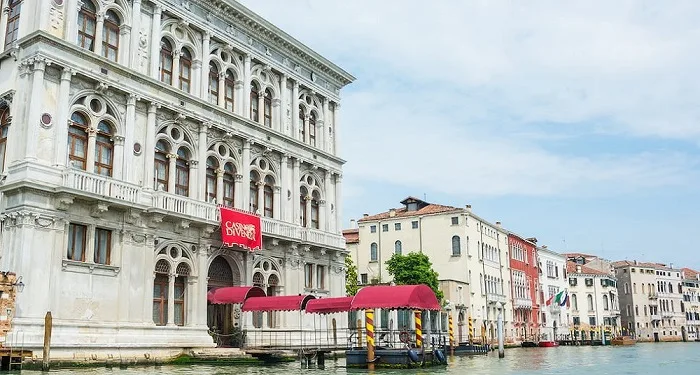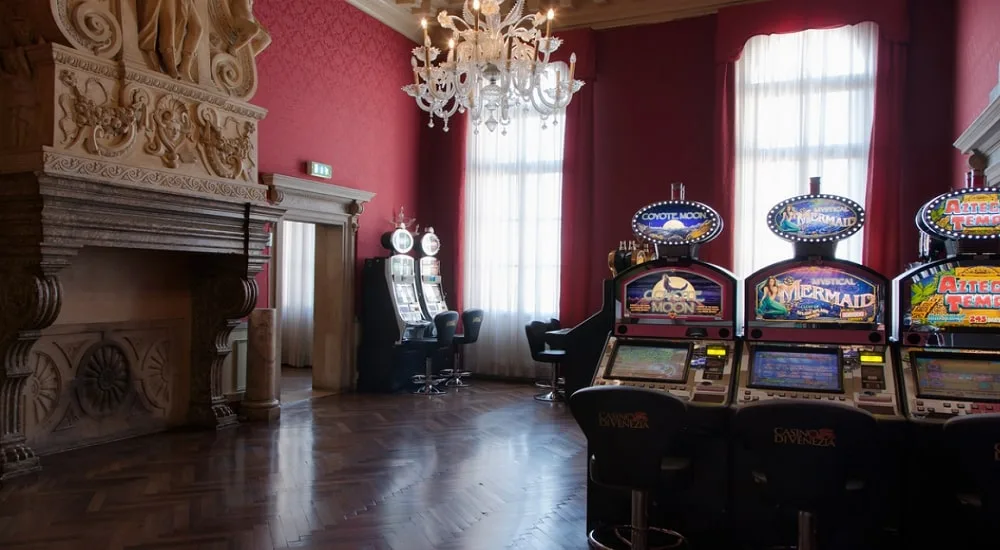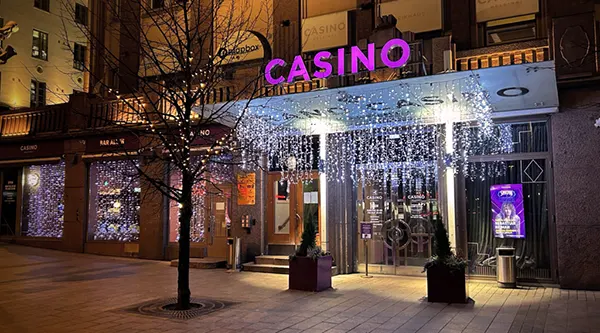
The Dawn of Casino Culture: Il Ridotto, The World’s First Casino
The inception of casino culture can be traced back to Venice, Italy, in 1638, with the opening of Il Ridotto, the first recognized casino in the world. This pioneering establishment laid the groundwork for the modern gambling industry, offering an intriguing glimpse into the evolution of casino games and their societal impact. This article explores the history of Il Ridotto, the variety of games it offered, the challenges it faced, and its eventual closure, contrasting these with the vast array of games available in today’s online casinos.
The Historical Backdrop of Il Ridotto
Il Ridotto, meaning “The Private Room,” was inaugurated by the Great Council of Venice to provide a controlled gambling environment during the carnival season. Situated in the wing of San Moisè Palace, Il Ridotto was initially intended for the upper echelons of society, enforcing a strict dress code and high stakes to ensure exclusivity. It was the first legal, government-sanctioned gambling house, marking the beginning of state involvement in the gambling sector.
The Games of Il Ridotto
The gaming options in Il Ridotto were a far cry from the extensive selection found in casinos today. The primary games included Biribi and Basetta, which were immensely popular among the patrons. Biribi was a lottery-like game where players placed bets on one of 70 possible outcomes, while Basetta was a card game that combined elements of blackjack, poker, and gin rummy. These games, although simple, were the precursors to the complex casino games we enjoy today.

Challenges and Transformations
Despite its popularity, Il Ridotto faced significant challenges. There was growing concern over the moral implications of gambling and its addictive nature, which led to debates about the social responsibilities of such establishments. The casino also underwent changes in its operations to accommodate a broader audience, relaxing its entry requirements and lowering stakes to allow access to the general public. However, these adjustments could not fully mitigate the issues at hand.
The Closure of Il Ridotto
The controversies surrounding gambling and its perceived negative impact on society eventually led to the closure of Il Ridotto in 1774. The Venetian government, responding to moral and social pressures, decided to shut down the establishment in an effort to curb the gambling mania that had gripped the city. This marked the end of the world’s first casino, but it also signified the beginning of a global casino culture that would continue to evolve and spread across continents.
The Evolution into Online Casinos
Today, online casino cresus represents a significant evolution from Il Ridotto’s humble beginnings. Modern online platforms offer a bewildering array of games, far surpassing the limited selection of the past. Players can enjoy traditional games like poker, blackjack, and roulette, alongside a vast selection of slot machines that feature various themes, paylines, and innovative gameplay mechanics. Furthermore, advancements in technology have introduced live dealer games, providing an immersive experience that mimics the feel of being in a physical casino. The evolution of online casinos reflects the changing dynamics of gambling, catering to a global audience with diverse preferences.
Il Ridotto’s establishment in 1638 marked the birth of the casino industry, introducing a concept that would endure and evolve over centuries. While it offered only a handful of games and faced numerous challenges, its legacy lives on in the sprawling, multifaceted world of modern gambling, both in physical casinos and online platforms. The transition from the exclusive high-stakes gaming rooms of Il Ridotto to the modern online casino cresus highlights the industry’s remarkable journey and its ability to adapt to changing social norms and technological advances.



